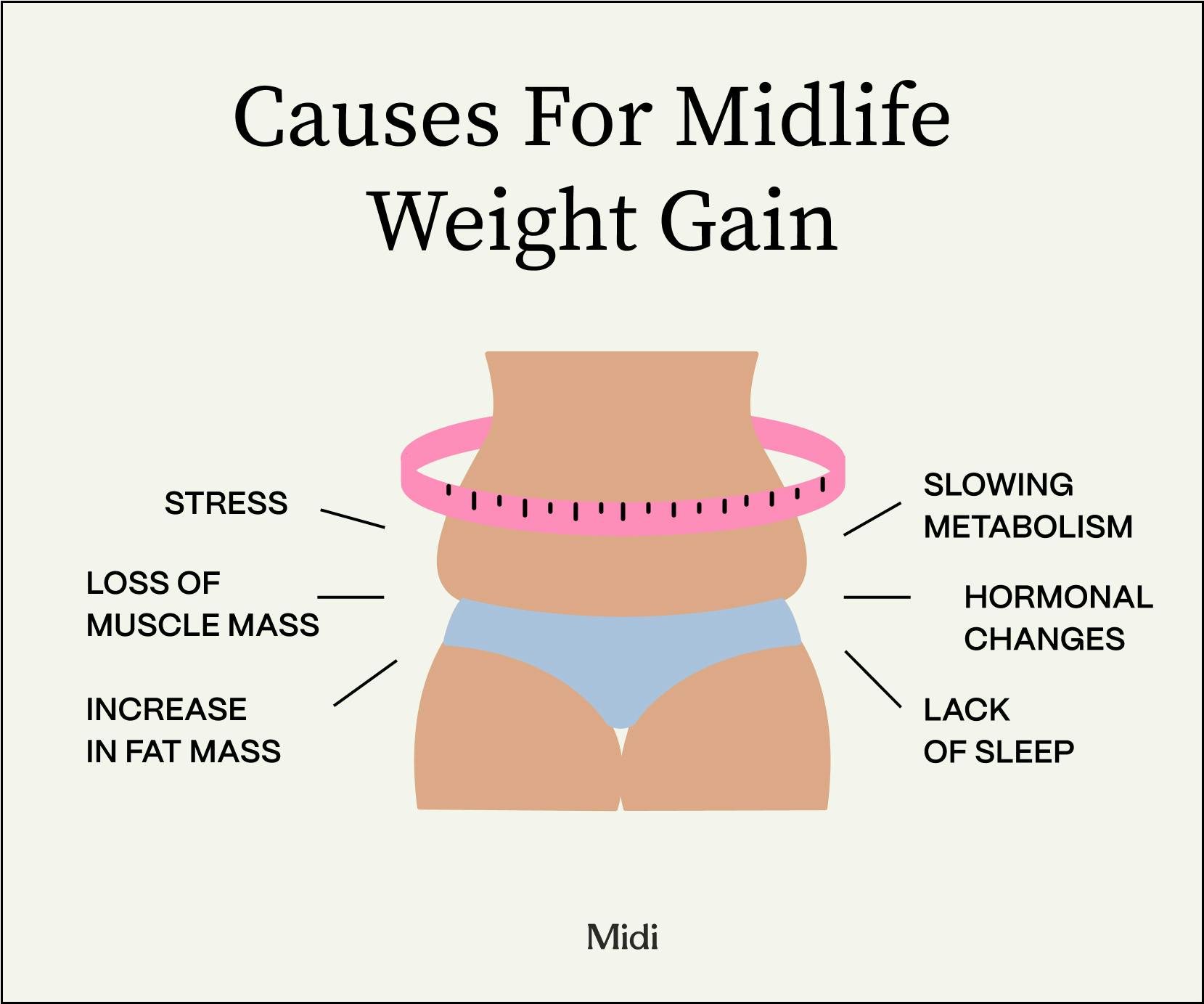Discover the Best Over the Counter Diet Pills for 2022 in Australia

Best Over the Counter Diet Pills 2022 The Top Over the Counter Diet Pills to Support Your Weight Loss Journey in 2022 When it comes to weight loss, finding the right support can make all the difference. Over the counter diet pills are a popular choice for many individuals looking to supplement their efforts. In […]









